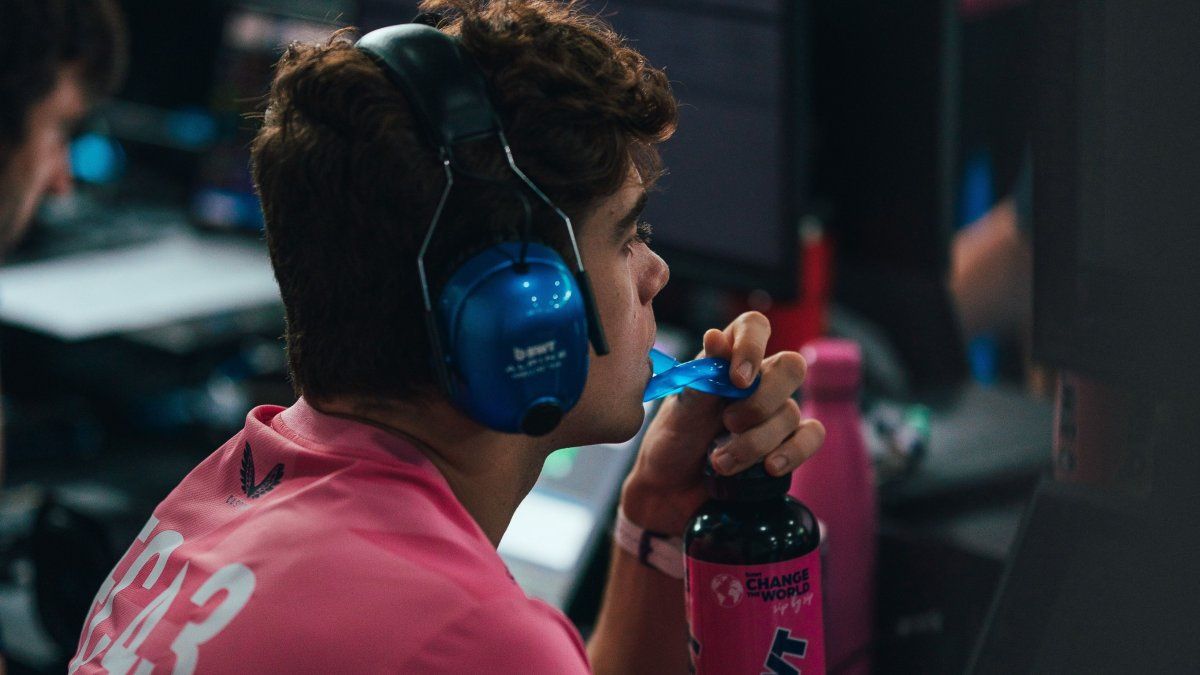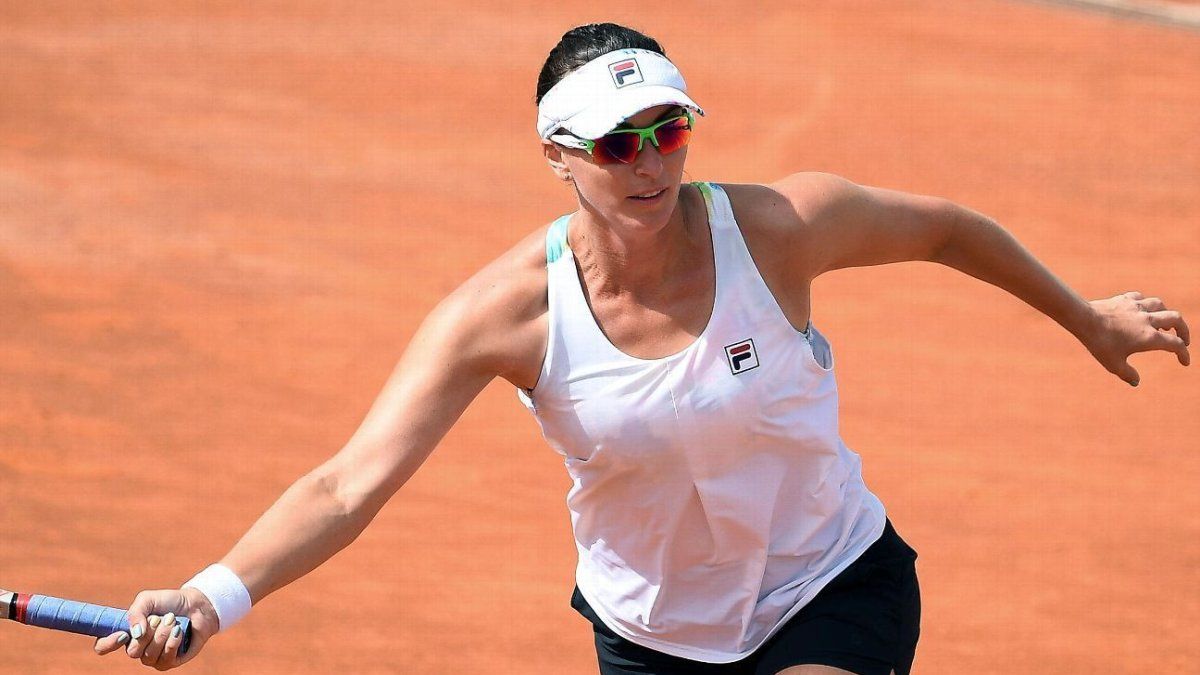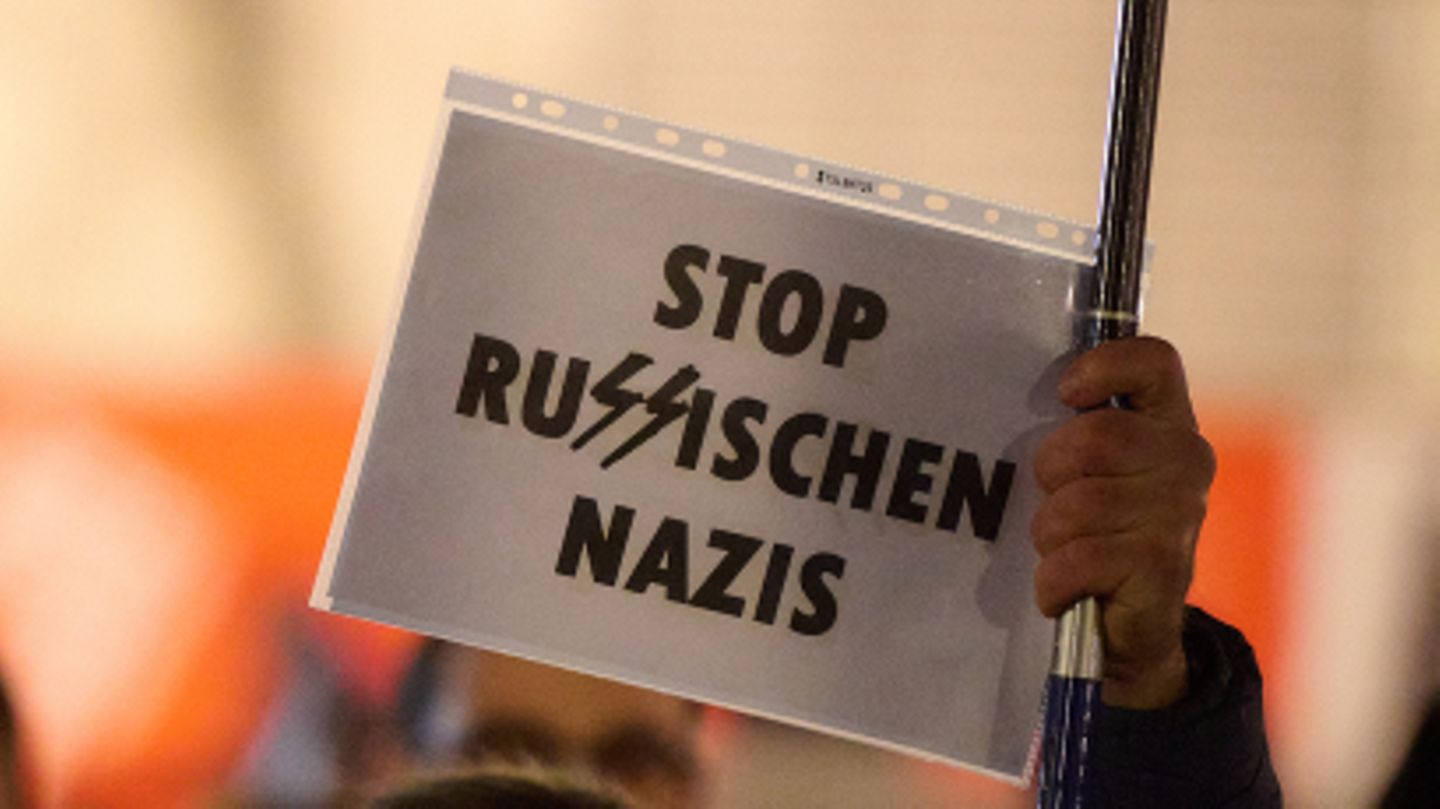David William is a talented author who has made a name for himself in the world of writing. He is a professional author who writes on a wide range of topics, from general interest to opinion news. David is currently working as a writer at 24 hours worlds where he brings his unique perspective and in-depth research to his articles, making them both informative and engaging.
Menu
War in Ukraine: Why German right-wing extremists don’t choose a side
Categories
Most Read
Munich: After drone alarm, these central points are still open
October 4, 2025
No Comments
Suggestions for EU asylum policy: Dobrindt relies on Return Hubs, AI and permanent deportation
October 4, 2025
No Comments
Drone sightings: drone alarm in Munich-central questions are still open
October 4, 2025
No Comments
Czech Republic: Populist Andrej Babis wins parliamentary election
October 4, 2025
No Comments
First figures: Right populist Babis is at the forefront when counting in the Czech Republic
October 4, 2025
No Comments
Latest Posts

F1: Franco Colapinto will start 16 at the Singapore Grand Prix
October 4, 2025
No Comments
Argentine pilot Franco Colapinto The classification of this Saturday began in a good way, but finally was eliminated in Q1. Despite this, he signed better

The athlete that remained in the history of tennis for a particular record: it only took 15 minutes
October 4, 2025
No Comments
October 4, 2025 – 15:30 With a record impossible to match even for the best tennis players, Yaroslava Shvedova has managed to surprise everyone in

The five provinces that received ATN from the Government in September
October 4, 2025
No Comments
October 4, 2025 – 15:28 Last month the government maintained the adjustment on the subnational states. It cut 56% of non -automatic shipments, which joined
24 Hours Worlds is a comprehensive source of instant world current affairs, offering up-to-the-minute coverage of breaking news and events from around the globe. With a team of experienced journalists and experts on hand 24/7.

